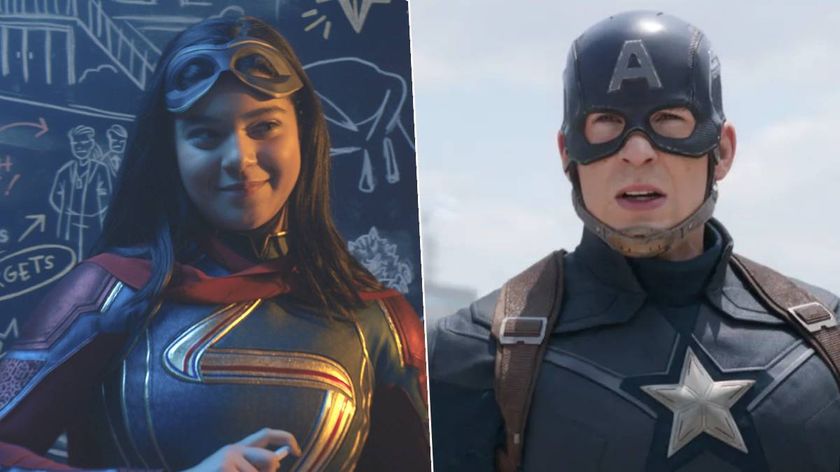Why you can trust 12DOVE
Fore! Korean filmmaker Kim Ki-duk stays mostly out of the rough in 3-Iron, his latest assault (Violence! Burglary! Golf Balls!) on arthouse audiences who ought to remember his name after sitting through the fish-hook-munching horror of The Isle or misogynous red-light romance Bad Guy.
Anyone who thought Kim had gone soft after watching his ravishing Buddhist ode Spring, Summer, Autumn, Winter... And Spring should approach this with caution: he's still got what it takes to shock (you can take the Buddhist out of the gutter, etc) as scenes featuring assault with a deadly golf club prove. Yet, despite the uncomfortable flashes of golfing violence, 3-Iron is actually a surprisingly tender love story.
Released in Korea as Bin-Jip, literally "Empty Houses", - it's a meditation on urban loneliness, with delivery boy Tae-suk sneaking into people's houses while they're out. He doesn't steal anything, just raids their fridges, does their laundry and rearranges a few of their personal possessions. It's a ghostly game he also teaches to battered wife Sun-hwa after rescuing her from a life of miserable domestic abuse.
Silence is always golden in Ki-duk's world. Both characters here are dumb - speechless, not stupid - their lives ruled by emotions they can't put into words. In contrast, everyone else in the movie, from Sun-hwa's vicious husband to various bullying coppers, talk... but they don't have anything to say. Starting out as low-key drama then morphing into a haunting fantasy that could just be a needy daydream in the mind of its damaged heroine, 3-Iron's meaning slips in and out of reach. Is it nonsensical mumbo jumbo or haunting mood poem? Golfers will know that the 3-iron is a difficult club to get to grips with: the beauty of Ki-duk's pop arthouse cinema is that it's always accessible, even when its meaning is elusive.
Lighter than some of Ki-duk's earlier films, this love story doesn't make much sense, but it's hard to forget. Frustration looks almost enchanting.
The Total Film team are made up of the finest minds in all of film journalism. They are: Editor Jane Crowther, Deputy Editor Matt Maytum, Reviews Ed Matthew Leyland, News Editor Jordan Farley, and Online Editor Emily Murray. Expect exclusive news, reviews, features, and more from the team behind the smarter movie magazine.
Most Popular







